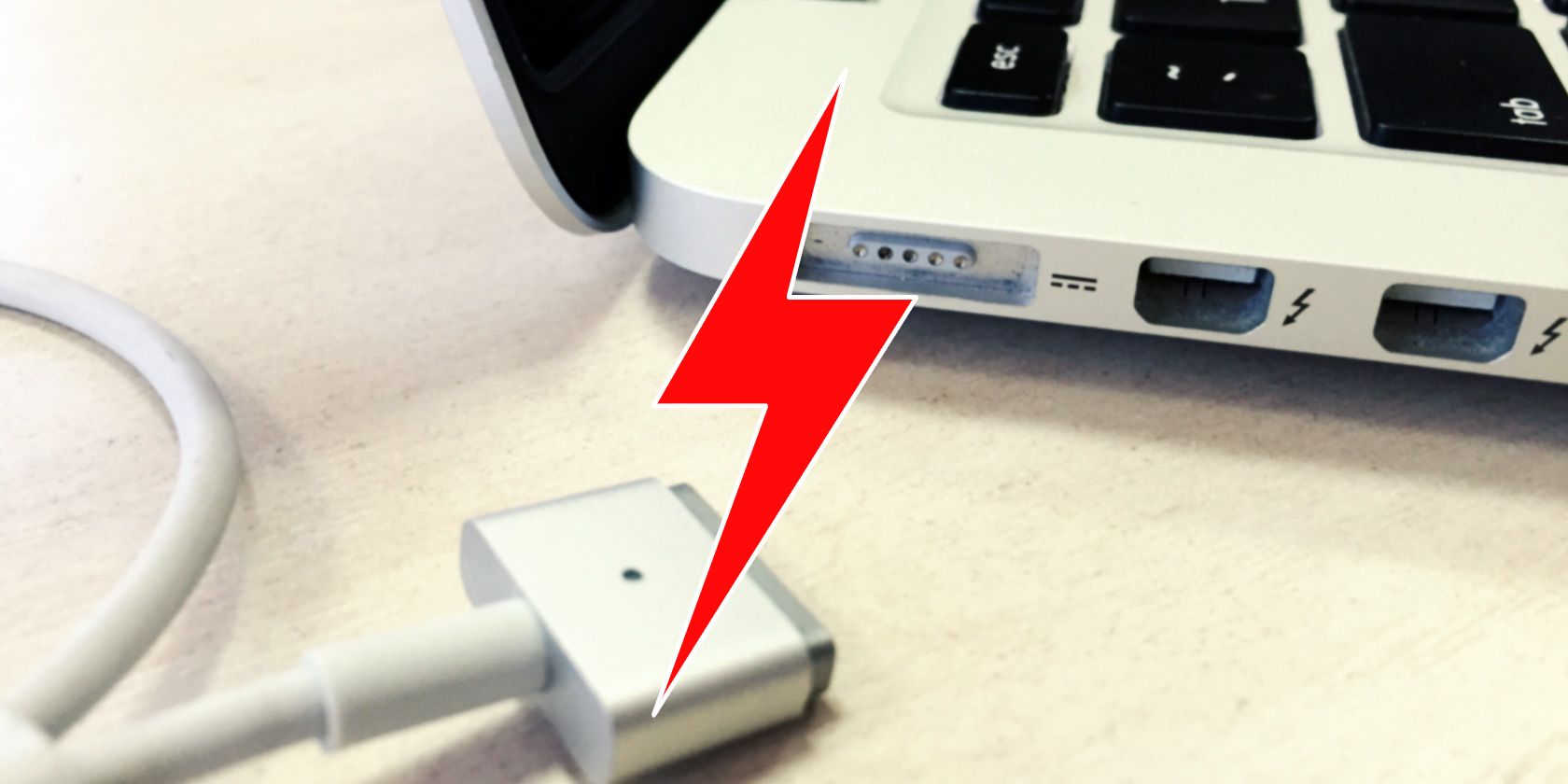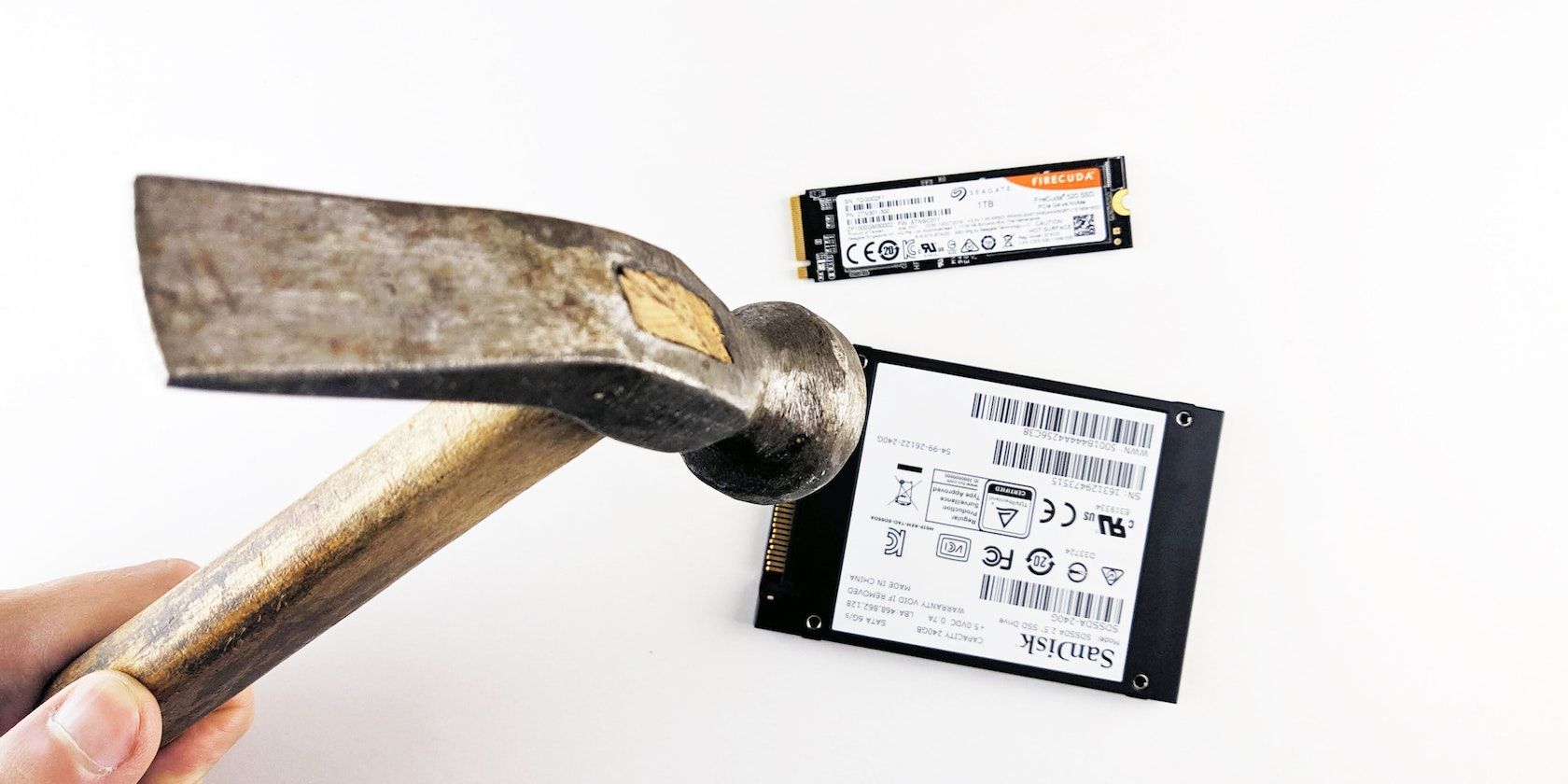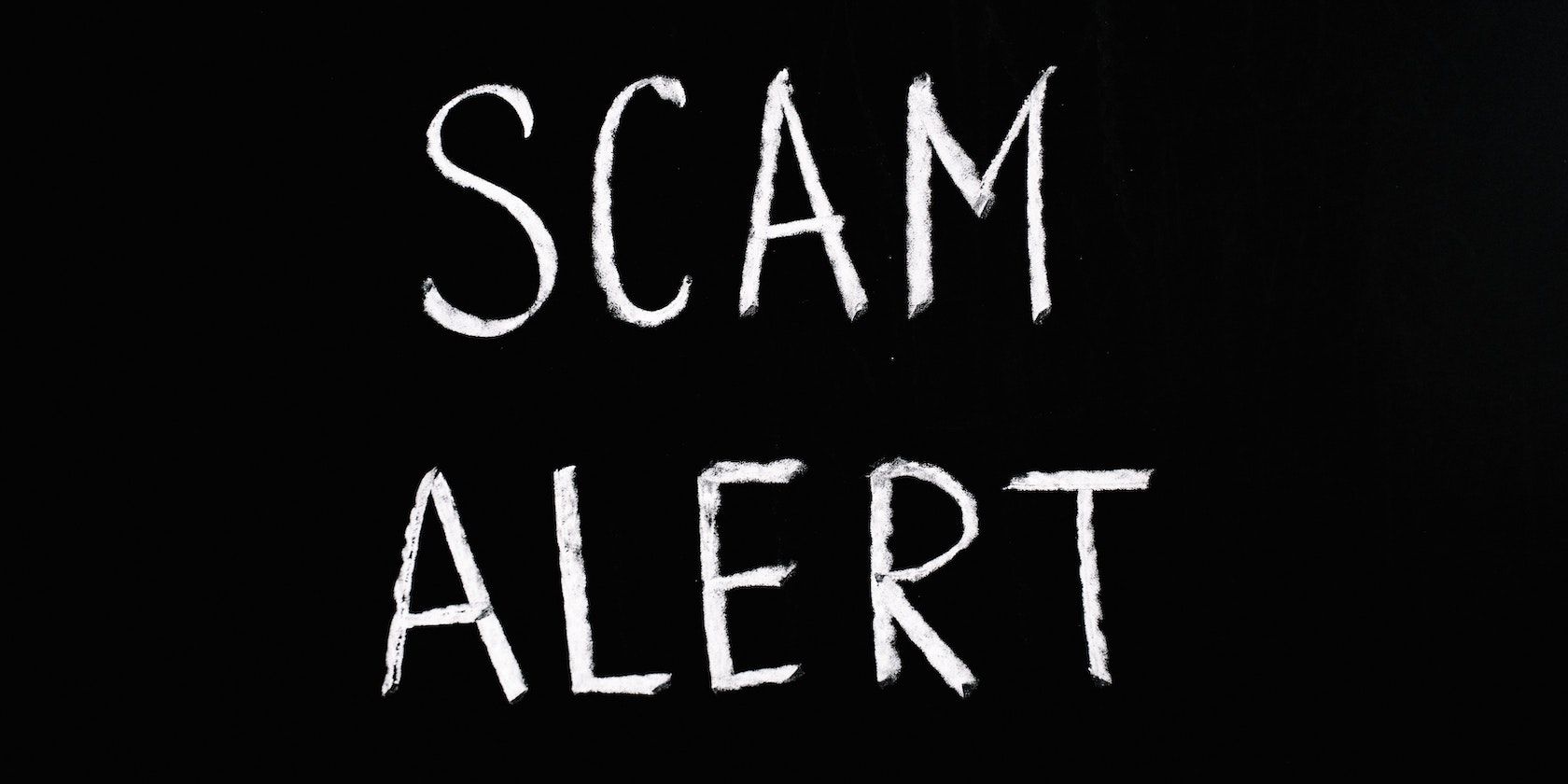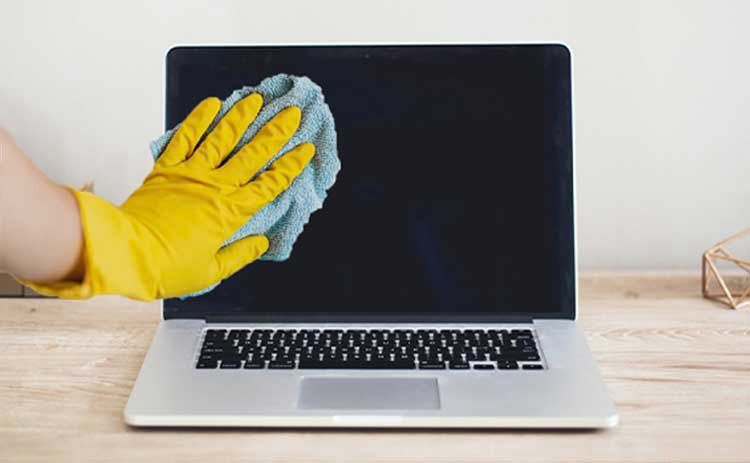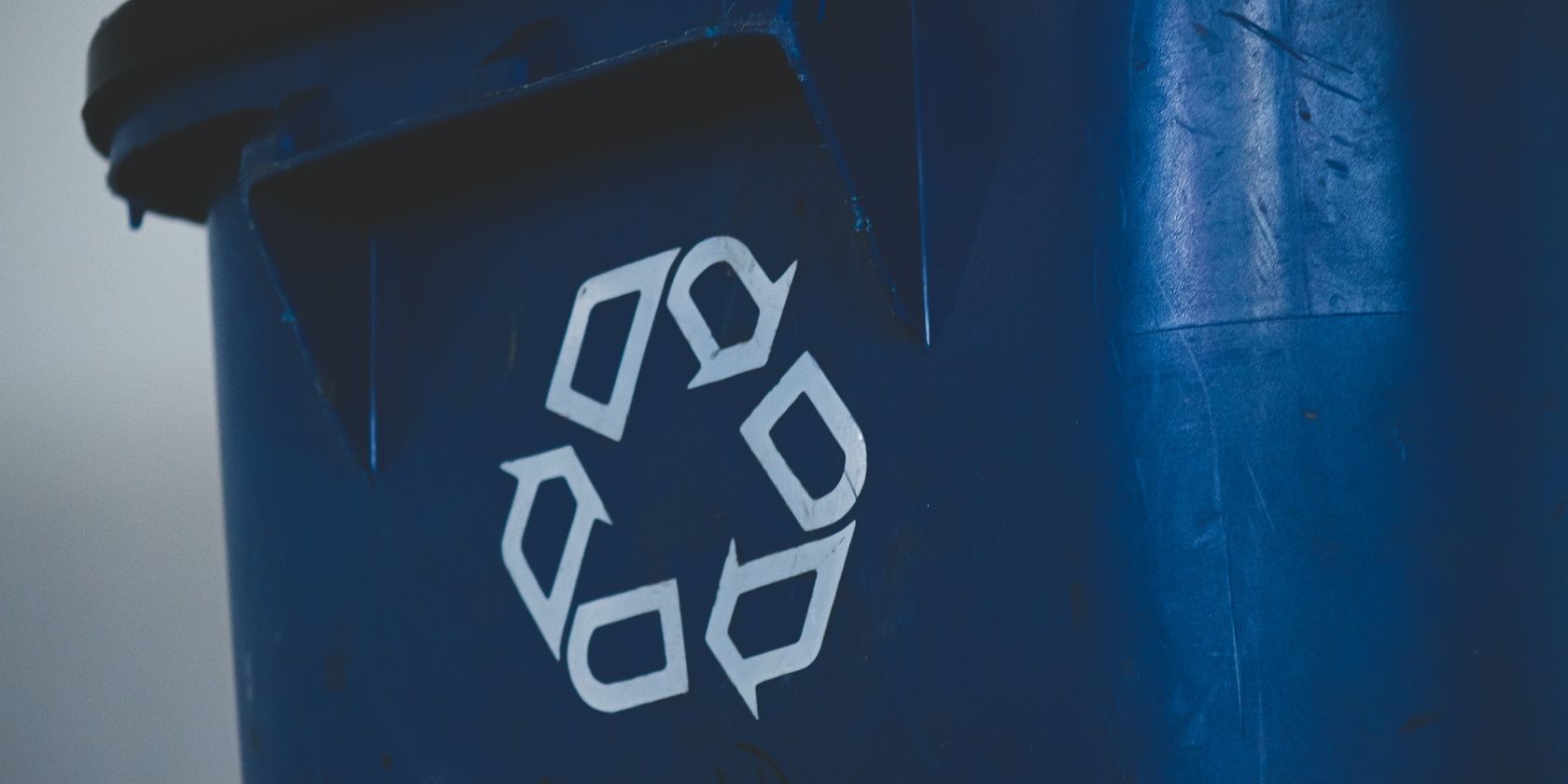In 2019, Apple announced its 15-inch MacBook Pro battery recall program. The company determined that some MacBook Pros sold between 2015 to 2017 posed fire risks because of their battery.
While the recalled MacBook Pros posed more risks than others, many MacBooks use lithium-ion batteries, so they still pose some risk of swelling, explosion, or fire. However, we've explained here why this happens and what you can do if it does.
What Causes Your MacBook's Battery to Swell or Expand?
There are many things that can cause lithium-ion batteries to expand and swell, but all are still mostly down to the chemicals packed in the battery. Here are some of the most common reasons your battery might swell:
1. Overcharging and Heat
Lithium-ion batteries are top-of-the-line technology that powers the modern electric world. Charging your battery is necessary to use your device, but you must be careful not to overcharge it as it causes the battery to overheat. Yes, it's bad to keep charging your MacBook all the time.
The chemicals in lithium-ion (or Li-ion) batteries release toxic gas in a process called outgassing when you run too much current through the cell. Overheating can cause harmful gas to get trapped in pockets of membrane and battery layers. Consequently, too much gas can cause batteries to explode.
This is one of the reasons most experts recommend slow charging rather than fast charging, as quick charging builds up more heat than its slower alternative.
Furthermore, lithium-ion batteries lose potency if they are frequently below 20% and above 80%. Some Apple devices have software features that stop or slow down charging at 80%, improving battery life and reducing the risk of swelling or fire.
External environments can also contribute to heat. Leaving your MacBook in places with high temperatures, like your car parked under the hot sun, a room with no ventilation, or just blocking the vents by using it on a pillow, can cause your laptop's internals to get hot. This heat can affect your battery and cause it to swell and explode.
2. Battery Impact
Apart from noxious gas escaping from a punctured swollen battery, perfectly fine batteries can incinerate from impact or exposure. You must be very careful about handling your MacBook. If you're one of those people who think they have indestructible MacBooks, well, your battery is quite destructible.
When exposed, lithium-ion batteries can react with air (especially hot air) and release gases like methane, carbon monoxide, and hydrogen, which are both flammable and toxic.
Tempted to replace or tamper with the faulty battery yourself? We strongly recommend giving it to an expert because you may accidentally remove the battery's outer layer and expose it, putting you at risk of a fire hazard.
To reduce the risk of impact, you can physically protect your MacBook with these six tips.
3. Fake Batteries
Batteries have lifespans, and people who have used an old or pre-owned MacBook often see the end of their laptop's battery before upgrading to a new one. However, don't be tempted to cut costs and get low-grade batteries if you ever want to replace your battery.
If your MacBook battery replacement battery price is too good to be true, then the odds are that it is. Apple's original batteries are tried and trusted to give you as much safety and power as possible. We can't say the same for other battery sources, and you may get something that doesn't meet the required safety standards that Apple's batteries are known for.
These substandard batteries can be very weak and swell quickly—even with correct usage. While you can relatively easily replace a swelling battery, it can damage other parts of your computer before you even detect it.
There are many stories of fake MacBook batteries swelling up and breaking through the trackpad or even damaging parts of the motherboard.
If you buy a pre-owned MacBook, you might want to check if your battery is original before using it. On the other hand, you could just buy your MacBook from a reputable source. We have some recommendations on where to buy refurbished MacBooks.
What to Do if Your MacBook's Battery Is Swollen
Bad batteries are not just inconvenient; they are also dangerous. We've listed some actions you can take if you notice your battery swelling up.
1. Safety First
Your battery is not more important than you. So, prioritize your safety and the safety of others before you think of replacing your battery. Swollen batteries can lead to fire or harmful gas emissions, and you should give your MacBook a sniff to ensure no smoke or awful smells is coming out of it.
Once you confirm any smoky smell or strange popping sounds coming from your MacBook, it means that the device is on fire. Quickly take the MacBook to a well-ventilated space and put it on a non-flammable surface like a concrete floor.
You can put sand on it to lessen the flames or use a fire extinguisher. However, the flame reaction may continue until the battery's fuel finishes.
If the battery explosion happens while the battery is not in the MacBook, then safely put the battery in a fireproof container or a container filled with sand.
2. Take It to the Genius Bar
Apple makes repairs easy through its Genius Bar. There's no need ever to make a battery replacement yourself if you can afford it.
Once you notice your battery is developing a swell, you can take it there, and the Apple experts there'll know what to do for your MacBook. All you have to do is make an Apple Store appointment at a Genius Bar.
3. Handling the Battery and Disposing of It Yourself
If you still want to handle the situation yourself, wear protective gloves and a pair of goggles, as they would prevent harmful chemicals from making contact with your skin at all costs.
When replacing or handling the battery, you should also ensure that the battery's charge is below 20% to reduce the risk of fire. Please also avoid putting the battery in contact with water as that may also cause an explosion.
Lastly, do not dispose of the MacBook battery in your household trash. Batteries are toxic and should only be disposed of at e-trash centers. If your MacBook battery finds its way to a compost heap or traditional waste facilities, it might ignite, cause a fire, or other environmental hazards.
The best thing to do with your now useless MacBook or battery is to give it to your nearest Apple Store. They can handle hazardous parts and use salvageable parts for other products.
Prevention Is Better Than Replacement
It might seem a bit inconvenient at first, but you should make an effort to ensure your battery never swells in the first place. A bad battery can permanently damage your MacBook or put you or your loved ones at risk.
At the same time, if you do end up with a swollen battery, deal with it responsibly because it is hazardous and possibly dangerous.


